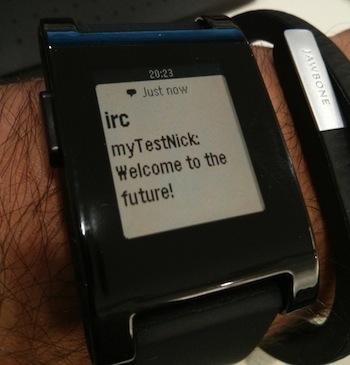PDL 2.007 Released!
PDL (”Perl Data Language”) gives standard Perl the ability to compactly store and speedily manipulate the large N-dimensional data arrays which are the bread and butter of scientific computing.
PDL turns Perl into a free, array-oriented, numerical language similar to (but, we believe, better than) such commercial packages as IDL and MatLab. One can write simple perl expressions to manipulate entire numerical arrays all at once. Simple interactive shells, pdl2 and perldl, are provided for use from the command line along with the PDL module for use in Perl scripts.
As a frequent PDL user and occasional contributor, I am happy to pass along this note from Chris Marshall and the whole PDL team. Read the entire release message here.
It is with great pleasure that the PDL development team announces the release of the latest version of the PDL Data Language with 64bit platform support.
This release would not have been possible without the contributions of developersChris Marshall, Craig DeForest, Derek Lamb, Dima Kogan, Rob/Sisyphus, David Mertens, Diab Jerius, William Parker, and Henning Glawe.
A special thanks also to those who helped with bug reports, problem discussions, and, of course, participation in CPAN Testers which has helped to make the best tested PDL release ever!
Enjoy and Happy PDL-ing! The PDL Development Team

